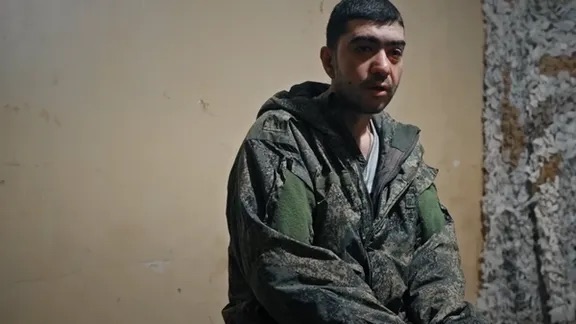
Authorities routinely subjected detainees to enforced disappearance and incommunicado detention, frequently in facilities controlled by the Ministry of Intelligence, the Revolutionary Guards and various bodies of Iran’s police.
Torture and other ill-treatment were widespread and systematic, including through beatings, floggings, electric shocks, mock executions, denial of food and water, and prolonged solitary confinement. State television aired torture-tainted “confessions”.
Prisoners were subjected to cruel and inhuman conditions, including extreme overcrowding, unsanitary conditions, poor ventilation, infestation with mice or insects, and poor or no access to bedding, toilet and washing facilities.
Prison officials and prosecution authorities often deliberately denied prisoners adequate healthcare, including for torture-related injuries. Suspicious deaths in custody amid credible reports of torture and other ill-treatment, including beatings and denial of healthcare, went unaddressed and unpunished. Among those who died in suspicious circumstances were Ebrahim Rigi and Javad Rouhi, who had been detained in relation to the 2022 uprising The Islamic Penal Code retained punishments amounting to torture and other ill-treatment, including flogging, blinding. amputation, crucifixion and stoning.
Courts issued at least 188 flogging sentences, and at least nine were implemented; two amputation sentences were implemented; and one blinding sentence was upheld by the Supreme Court, according to the Abdorrahman Boroumand Center for Human Rights in Iran.


